THE PODCAST
Elevating the conversation about all things tactical.

Lights in the Sky: Aliens or Drones? Jim Spills the Beans on UFOs
Some of you are too young to remember the tagline “The Truth is Out There,” but Mike and Jim went full X-Files on this one… If you don’t know what any of that means, you definitely need to listen to this episode!
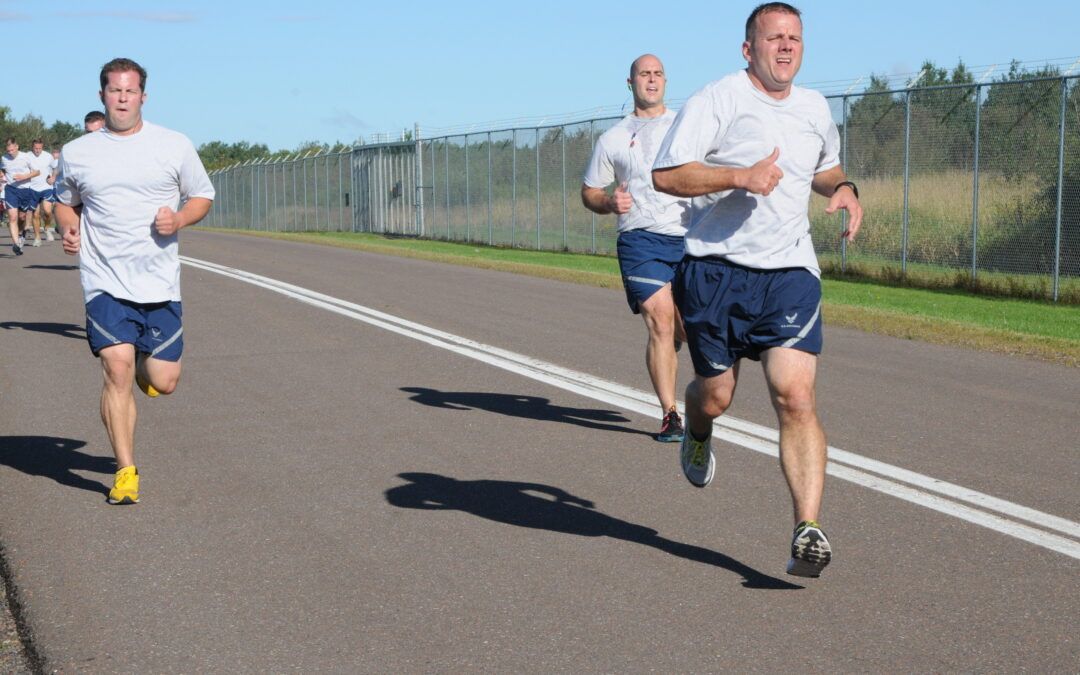
What’s up with the beards? Setting and Enforcing Standards
Green Berets have to work with a different rule book than the troops guarding nuclear weapons—and for good reasons. We explore the balance between strict adherence to rules and the often necessary flexibility to go off-script in tactical operations and your organization’s culture.

“Your Children Are Not Safe”: DC Beltway Snipers
In October 2002, a 17 and 41 year old carried out a series of serial murders, killing 10 and wounding 3 others in what were described as random attacks against people doing every day tasks like pumping gas and mowing their lawn. We cover lessons from this large scale, multi-agency investigation with takeaways for individual cops and police leaders related to public relations, investigative rigor, and interagency cooperation.

Use it or Lose it: The Essence of Officer Discretion
As they say, with great power comes great responsibility. Discretion is important but it works both ways—it’s not something you should flex, it’s something you should protect.
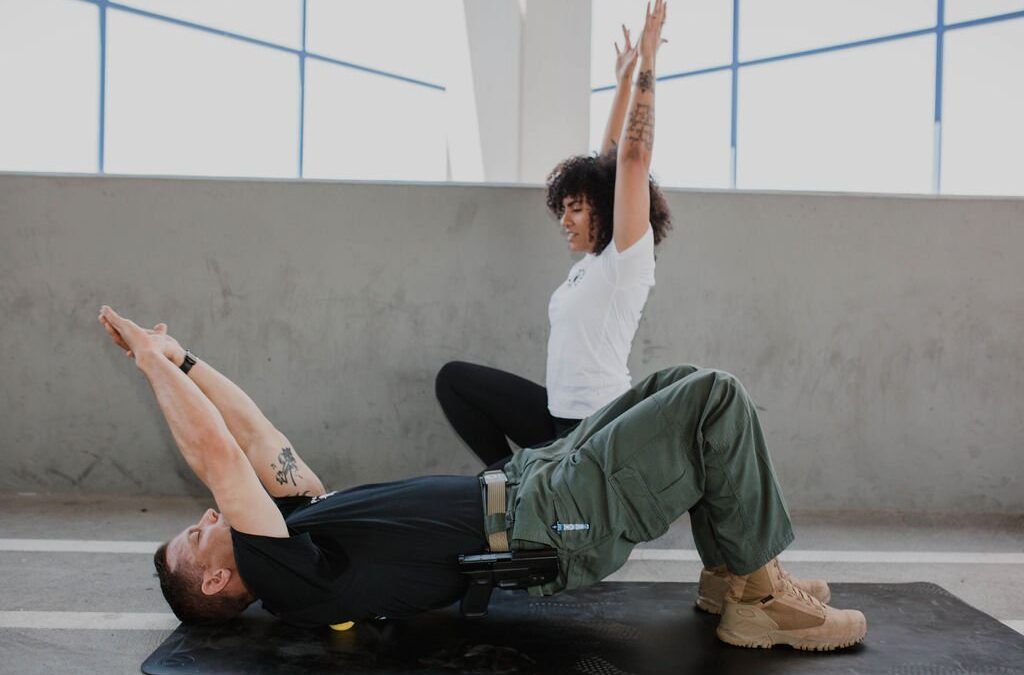
I AM THAT B*TCH! Erica Gaines of TacMobility
Through eye-opening surveys, TacMobility highlights the not-so-funny truths about depression and the dusty corners where wellness programs sit unused. Advocating for a mix of low-effort, big-impact wellness habits, TacMobility proves you can indeed teach old dogs new tricks and balance the badge with a bit of brain and body harmony.

Say What You Mean, Mean What You Say
A core component of effective teamwork is that everyone has a voice, and everyone gets a vote. The Good Idea Fairy might save your life someday, so foster that within your teams. Let the crazy guy talk! This episode covers an important communication concept for teams called mitigated speech and some ways to manage it.
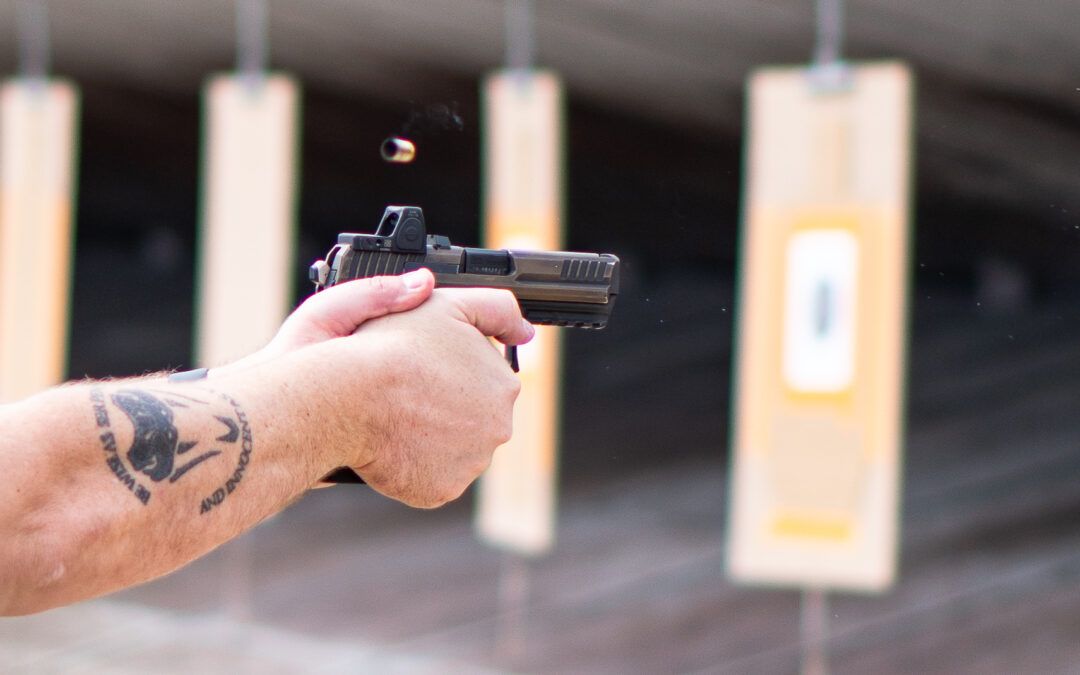
Get with the times: Pistol Optics are the way of the present
There are advantages and disadvantages to any piece of tech—electronics and batteries are always failure points, but in this day and age they have become status quo. And for good reason: It’s a more natural way to shoot, you don’t need to shift your focus away from your target and it simplifies the cognitive load required to line up your iron sights. Learn more on any podcast outlet in Episode 154.

Guns n’ Guitars: Go learn something new
Hobbies are an important outlet but often, the hardest part is getting started. The next thing you have to learn is how to break through the inevitable plateaus and challenges that come with learning new skills, so in episode 153 we talk about how to develop techniques without sucking the joy out of something that is supposed to be fun.
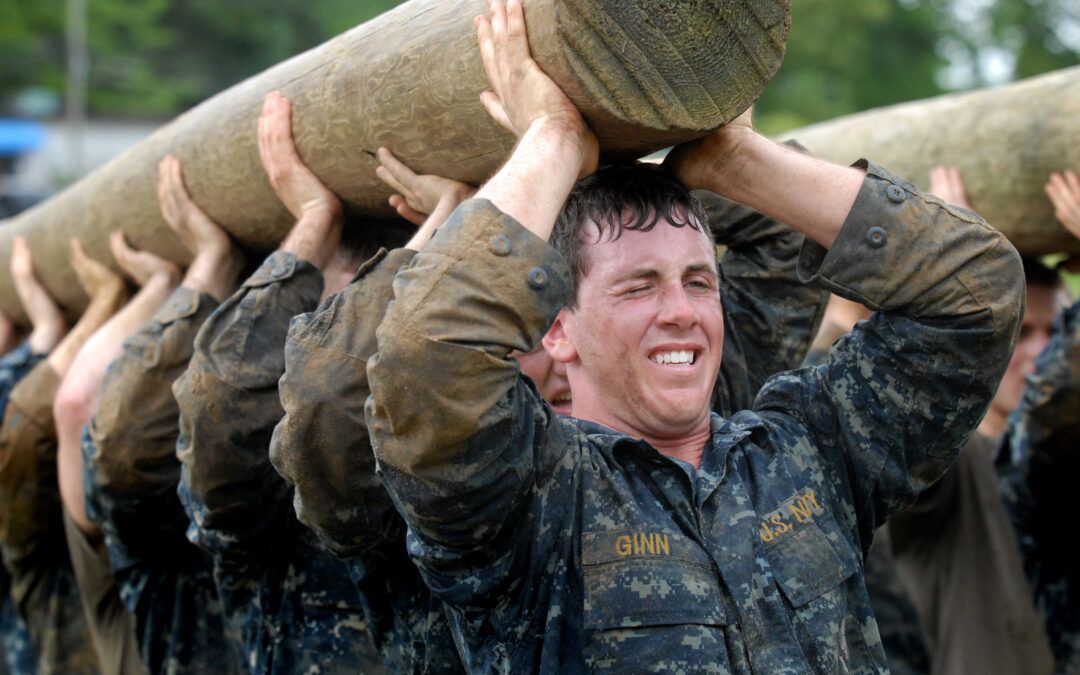
Do you trust me? Selflessness in Teamwork
It’s one thing that we all get along, but real trust isn’t something that can be assumed as a given–we’ve got to earn it. Building trust in teams has a lot to do with the often unwritten social contracts that help us get on the same page about our roles and responsibilities. We have to know that everyone is going to put the mission before their own personal interests to really build harmony and a combined effort that is greater than than the sum of its individual parts.

All’s Well…If We Make it Well
“Wellness” is a buzzword these days. Employers offer all manner of wellness aids from fitness to nutrition as part of benefits packages, but the truth is that nobody can make you care about your wellness if you don’t. In this episode, Mike explains why this is an important concept and the reasons you should care about it.
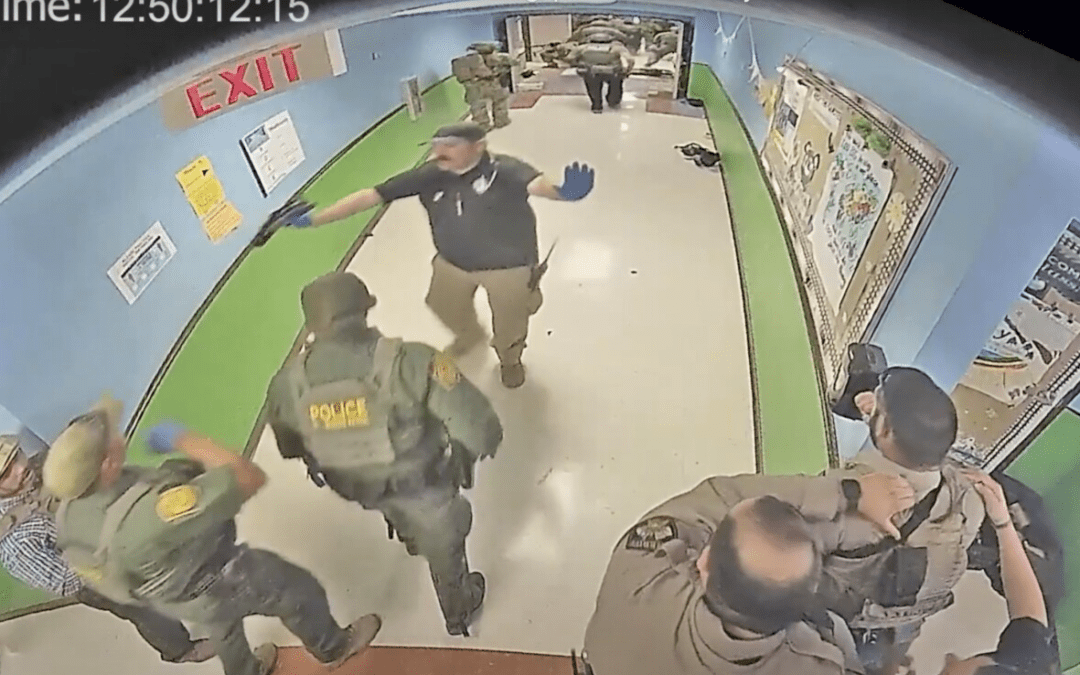
“Time is on our side right now…” -Uvalde School District Police Chief
We try to take a balanced approach between the real challenges first responders take and the tragic reality of this event. We hope you learn from it.

What a Wreck: Scene Size Up
Car accidents are something that are likely to touch all of us in some way or another, whether we are involved in one or manage them professionally as first responders. Not only are they exceptionally common, sometimes they are also challenging to manage well. We talk about some of the competing priorities and offer some ideas to get the emergency response to a traffic collision off to a good start.

Sniper in the Tower: 1966 Austin Clock Tower Shooting
This watershed event was part of the discussion that brought the idea of a SWAT team to the national stage and arguably brought momentum to what some now consider to be the militarization of the police. We talk about counter ambush tactics, cover or suppressive fire in law enforcement, tactical medicine, and more.
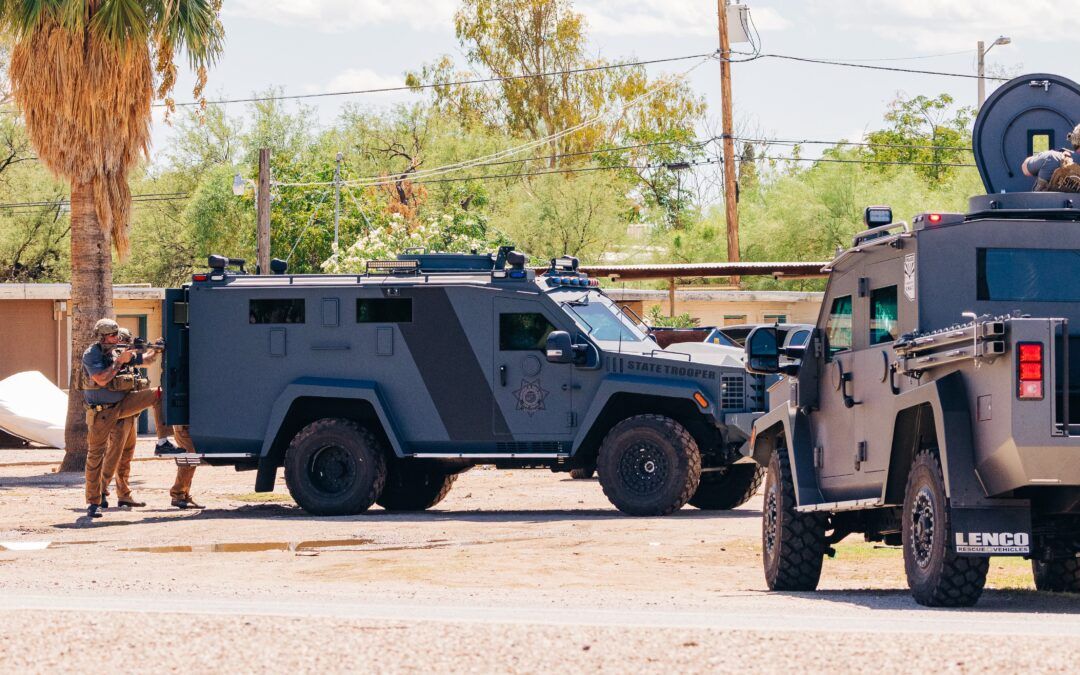
Calling Bull$h!#: Responding to Swatting Hoaxes
EPISODE 167 Calling Bull$h!#: Responding to Swatting Hoaxes No one should die over a false report....
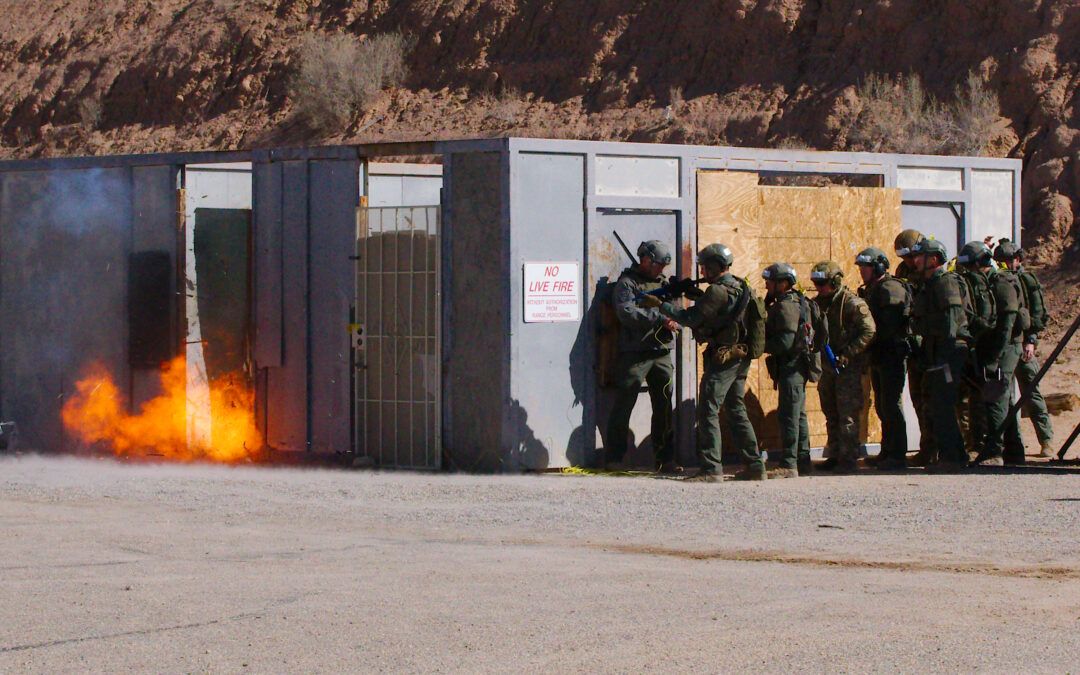
Run the Clock: Time, Talk, Tear Gas, Tactics
EPISODE 166 Run the Clock: Time, Talk, Tear Gas, TacticsThe 6th Circuit Court of Appeals decision...
No Results Found
The page you requested could not be found. Try refining your search, or use the navigation above to locate the post.
Dry Fire
WANNA SHOOT BETTER? There is no magic to becoming a great shooter—like most skills, it is mostly...
Not Much Has Changed…
WHAT'S CHANGED SINCE SEPTEMBER 11 2001? Prior to September 11th, 2001, the face of America’s...
The People Ideas Hardware Paradox
People, Ideas, Hardware. Right? Back in the day, a fighter pilot named John Boyd investigated why...
Why go to a trauma center?
TRAUMA CENTERS: LOAD AND GO! Several times in my career, I’ve had interactions with other police...
Should kids talk to Strangers?
STRANGER DANGER! WHY "NEVER TALK TO STRANGERS" IS WRONG At Tactical Tangents, one of our goals is...
